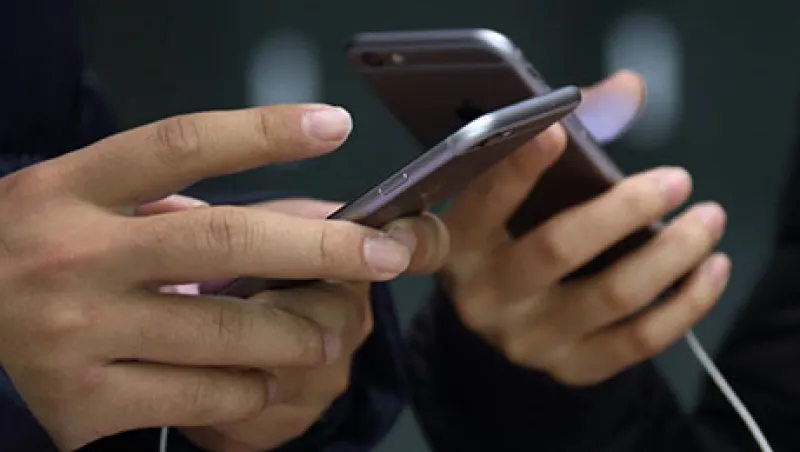
The App That Wants to Bring Financial Markets to Millennials
The new Robinhood app by 20-somethings Baiju Bhatt and Vlad Tenev offers investors the ability to buy and sell stocks for free.
Aaron Timms
December 11, 2014



